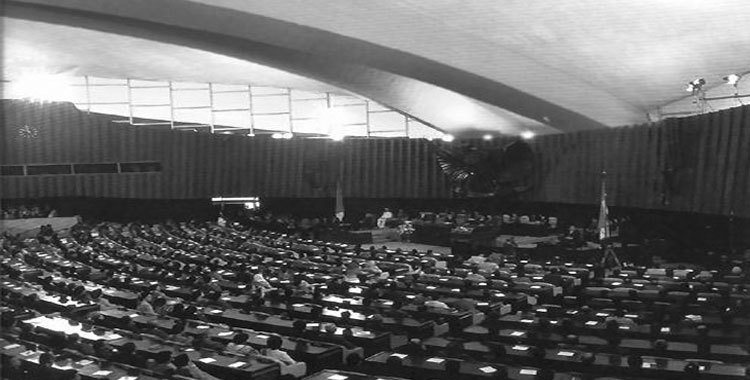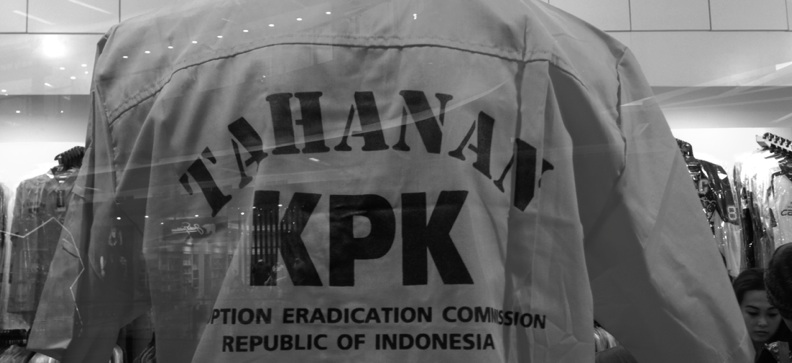HONG KONG (Yosefardi) – Moody’s Investors Service says that its Asian Liquidity Stress Index (Asian LSI) declined to 25% in May from 27% in April, reversing two months of rises.
“The lower reading reflects a net decrease in the number of companies with Moody’s lowest (weakest) speculative-grade liquidity score (SGL-4) to 28 from 30 in April,” says Laura Acres, a Moody’s Senior Vice President.
“The index, which decreases when speculative-grade liquidity appears to increase, remains in the narrow and elevated range it has held since hitting a high of 29.1% in October 2012,” adds Acres. “It also remains below the record-high 37% seen during the fourth quarter of 2008 amid the global financial crisis, but is well above the all-time low of 9% posted in November 2011.”
Acres was speaking on the release of Moody’s latest “Asian Liquidity Stress Index” report.
The liquidity sub-index for Chinese speculative-grade companies was unchanged at 31.0% in May following two months of modest increases, says the report. China’s high-yield property index was also flat at 31.4%.
And, after holding steady since January, the Indonesian sub-index fell to 8.0% from 12.5% due to the departure of one company from the roster of rated speculative-grade Indonesian companies with an SGL-4 score.
Meanwhile, the Australian liquidity sub-index also fell, to 7.1% from 9.1%. The number of Australian companies with an SGL-4 score was unchanged at one, but three companies joined the list of high-yield issuers, which caused the index to decline.
The report says the number of high-yield rated bond issuances slowed further in May with only five companies closing deals, down from seven companies in April. However, the total amount raised in May was approximately $2.9 billion, up from $2 billion in April, and included the $1.7 billion two-tranche deal from Vedanta Resources, the largest high-yield-bond deal to hit the Asian markets.
The bond mix in May was more widespread than April, and included three Chinese companies, and one Indian and one Indonesian company.
Looking ahead, the high-yield default rate for Asia Pacific (ex-Japan) corporates will stay at a low 2% in 2013, translating into one or two potential defaults, according to Moody’s Credit Transition Model (CTM). The rate will trend downward during the first half of the year and rise mildly in the second half.




